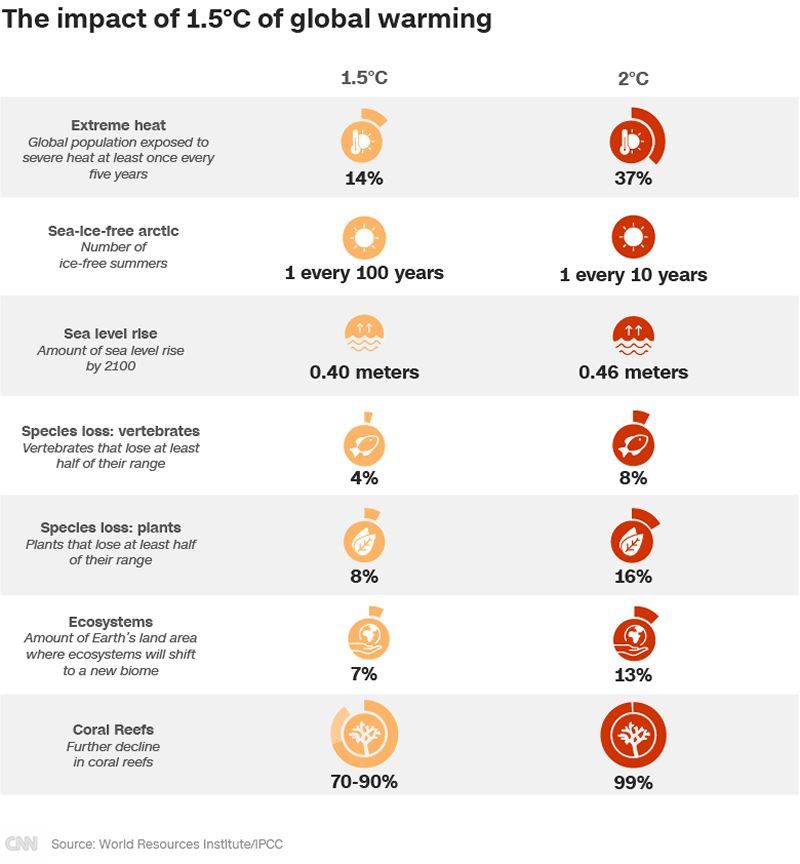
While climate change touches us all, its impacts -- from heat waves and droughts to hurricanes and floods -- disproportionately affect those least responsible for causing it. The elderly, the very young and other marginalized communities are the most at risk. In addition, climate-related disasters affect women disproportionately, throwing into sharp relief the existing societal inequalities between men and women.
Recently a powerful phenomenon has swept the globe. Women are speaking up and rising to leadership positions across business, government and civil society, to deliver urgent action to avert the looming climate crisis.
It was thanks to the tenacity of an exceptional group of women led by Christiana Figueres, former head of the U.N. Climate Change Secretariat, and Laurence Tubiana, CEO of the European Climate Foundation (ECF), that more than 190 nations signed the Paris Agreement on climate change.
Today, a new generation of women leaders are becoming the champions of the Paris Agreement and the radical action needed to deliver on its goals. For example, the C40 network of 94 cities committed to halting global warming below 2 degrees Celsius by the end of the century, includes 21 women among 94 mayors. In early 2014, when I was elected to become Paris' first ever woman mayor, we were only four.
When it comes to the climate crisis, advocacy from women leaders could not come at a more pivotal moment. The latest report from the Intergovernmental Panel on Climate Change (IPCC) quantifies the magnitude of the threat we face -- we have just 12 years to transform the world. The IPCC report also shows that the difference of just half a degree of global temperature rise -- 1.5°C versus 2°C -- could spell the difference between salvation and disaster for hundreds of millions of the world's most vulnerable people.

The good news is that there's a simple way to forge a more equal world, nurture sustainable cities, transition to abundant, low-cost renewable energy and clean the air that we breathe: putting more women in positions of power.
A number of recent studies found that that women are more motivated to tackle challenging, long-term societal issues. Women in elected office consistently vote to support environmental efforts and measures that address inequality. Companies with women on their boards are more likely to champion people and the planet along with profits.
Recent research by C40 Cities and UCL Women4Climate: Gender-inclusive climate action in cities revealed that the framing of climate change as a problem that can only be solved by technology, engineering and science, excludes the perspective of women who are historically underrepresented in these industries.
I want to see more women engineers, scientists, architects and urban planners. I also want to see climate action that is nurtured and owned by every part of society, community and citizen of our cities.
We know that equal representation and participation by women in leadership roles is a crucial step in creating a more sustainable, inclusive future for all people. That is why, in 2016 when I was elected the first woman to chair the C40 Cities network, we launched the Women4Climate initiative, in partnership with L'Oréal and ELLE..
Our goal is to nurture the next generation of young women climate leaders in the world's great cities. Through mentorship schemes rolling out in cities from Paris to Sydney, Montreal to Mexico City and many more, we are supporting women that have a vision for the future we want, and those building the future we can trust in.
Last month, at Paris City Hall hundreds of people gathered for the third annual C40 Women4Climate conference. Mayors of the world's leading cities sat alongside powerful women leaders from business, civil society and the media. They came to share their experiences but also to listen to the next generation of Women4Climate.
We heard from Fanny Giansetto, whose project Ecotable supports restaurants in Paris to reduce their food waste and environmental impact. Lili Dreyer explained why she was inspired to launch a sustainable shoe brand, making upcycled sneakers from textile waste in London.
We celebrated the winners of the Women4Climate Tech Challenge, Urban Canopee and Eco Wave Power; projects which will now be piloted on the streets of Paris and Tel Aviv. Finally, we were inspired by the clear and confident message of Youna Marette, 17 years old, and already a leader of the student climate protests in Brussels.
Women must be at the table to build a more resilient, sustainable future. Therefore, I call on decision-makers around the world to join our movement to help empower women and put them in leadership roles.
The leaders we entrust with positions of power today will decide the future that our children will inherit. Citizens are already inventing the world of tomorrow, very often under the radar. Now the time has come to help develop their visionary, local projects in order to make a global impact.
Our collective future relies on the success of women and I couldn't be more hopeful for the world they will create.
Anne Hidalgo is Mayor of Paris and chair of C40, a network of cities committed to addressing climate change. The opinions expressed in this commentary are her own.
